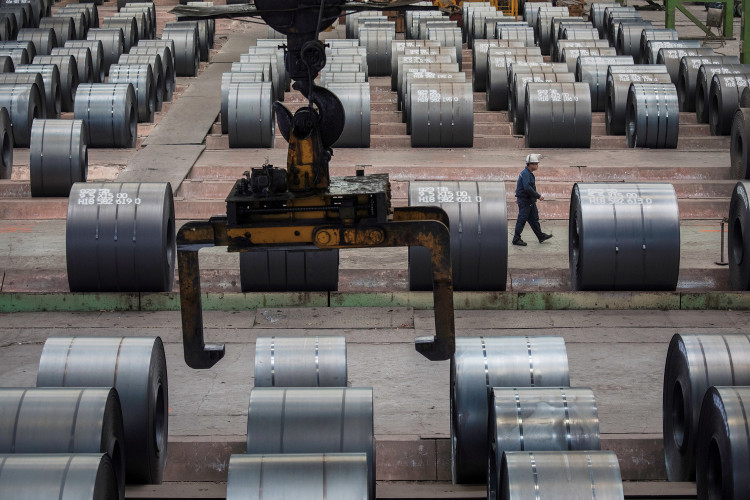Chinese think tank National Institution for Finance and Development (NIFD) predicted on Thursday that the country's economic growth rate will drop below six percent next year. This is the first time a think tank with connections to the government made a weak forecast.
According to the South China Morning Post, the NIFD's forecast is below the country's target of six to 6.5 percent for this year and could be an indication of the domestic and international headwinds affecting the Chinese economy.
The NIFD further predicted that exports will be impacted by the slowing global economy and uncertainties revolving around the China-U.S. trade war will most likely hit private investments hard.
Due to the slowdown in gross domestic product (GDP) growth over the past few months, market analysts have been opening talks about whether or not the central bank should ease up on its policy rates to bolster growth.
Around the world, multiple economies have already loosened up on their policies to help boost growth. Among the countries that adjusted their interest rates is the world's largest economy, the United States.
The NIFD then recommended that Beijing can explore efforts in reducing the leverage of state-owned enterprises to help improve the economy. These efforts could be indicative of allowing for more government expenditure, the think tank suggested.
The think tank's predictions came shortly after China posted weaker growth in its factory output for the month of October. According to Reuters, a decline in both global and local demand weighed down on industrial activity last month.
Data from the National Bureau of Statistics unveiled on Thursday showed that industrial output only posted an increase of 4.7 percent last month. The said percentage is well below September's activity that reached 5.8 percent.
The latest data also missed analyst forecasts of 5.4 percent in industrial production. Asian markets reacted to the data, with some stocks plummeting. On the other hand, some analysts believe the Chinese economy can still pick up.
Liu Aihua, the spokeswoman for the Chinese statistics bureau, said at a media briefing, that there are still positive factors about the country's economy. One of these is the continued resilience of the labor market.
According to MarketWatch, Liu explained that a strong service sector helped stabilize the country's unemployment rate for university graduates. She added that government efforts and startup economies helped provide more flexible job choices for new hires.
China's property industry is also holding up well despite a slowing economy and weaker private investments. It remains to be seen if the real estate sector can help drive growth for the last quarter of 2019.






